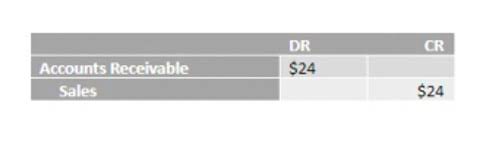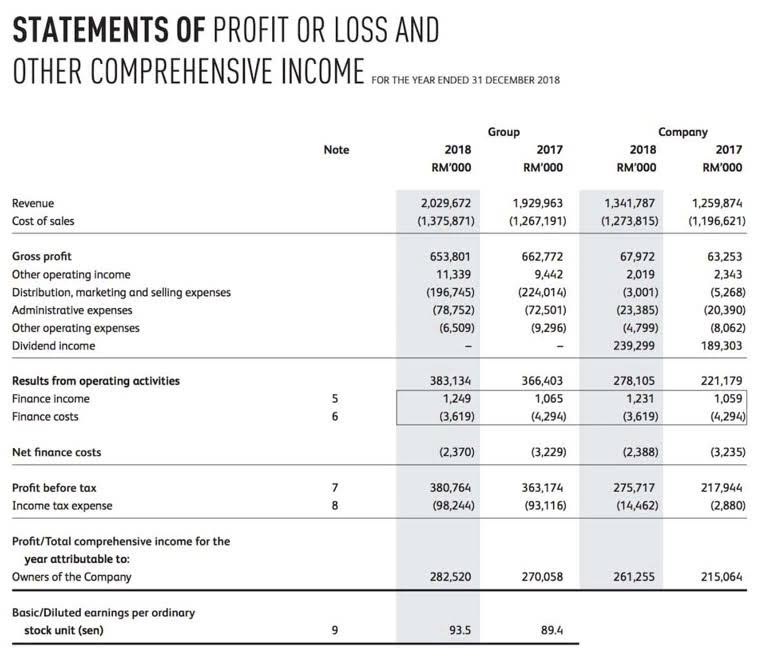Bookkeeping Services for Real Estate Professionals

Shoeboxed is an expense & receipt tracking app that helps you get reimbursed quickly, maximize tax deductions, and reduce the hassle of doing accounting. FreshBooks is great if you’re juggling multiple projects and need to stay on top of payment, expenses and client management. It’s an intuitive platform where you can take pictures of your receipts, track mileage, and manage projects—all in one place. In real estate, managing your finances is more than just balancing books.
Costco vs Sam’s Club vs BJ’s Business Credit Cards: A Comparison Guide

It is essential to maintain organized records https://artificer.com.bd/construction-accountants-and-accounting-services/ of all expenses and consult with a tax professional to maximize deductions and ensure compliance with tax regulations. Whether you’re just starting out or looking to streamline your operations, adopting a solid bookkeeping system can transform how you manage your finances. Tools like QuickBooks can simplify this process with features such as automated expense tracking, easy income reporting, and real-time financial insights. These tools help you stay organized, save time, and make smarter business decisions.

Best for Real Estate Business Growth Assistance
- Accrual-based accounting records transactions when they occur, offering greater visibility into future revenue and expenses.
- This practice supports strategic planning and compliance with relevant tax laws.
- In this short article, you’ll learn the fundamentals for taking control of the accounting side of your real estate business.
- Both are crucial for successful real estate management, particularly during tax season.
- This deduction can only be claimed if you choose to itemize your deductions instead of taking the standard deduction.
Start by creating a chart of accounts tailored specifically for real estate transactions. Record all sources of income, including commissions, referral fees, property management payments, rental income, and any real estate agent bookkeeping other payments received for your services as a real estate agent. It’s important to track the amount, source, and date of each income transaction. To elevate real estate accounting practices, professionals must focus on accuracy, compliance, and efficiency. Leveraging technology and continuing education can enhance the quality of financial reporting, allowing for informed decisions that drive success and growth in the real estate industry.
- Perfect for real estate agents who want to focus on their business without getting bogged down with numbers.
- However, you must be aware of common bookkeeping mistakes in the real estate industry, such as not reconciling your bank accounts and statements or not tracking all expenses.
- Find one and utilize it to ensure that you have organized your assets most efficiently.
- Accurate and well-documented financial records facilitate tax filings, enable proper deductions, and provide the necessary documentation to support your compliance efforts.
- Realtors use a variety of strategies to keep cash flow more consistent, including saving a portion of their commissions as a cushion for leaner times and using cash flow forecasting tools to plan ahead.
- Reduce vacancies and maximize your portfolio ROI with software designed for you.
- Schedule a monthly meeting to review your incoming cash and outgoing expenses.
Real Estate Accounting Basics – What to Track?

Bookkeepers often bring with them time-saving tools and can provide valuable financial reports, which help guide decision-making and improve profitability. The major benefit here is peace of mind—knowing that your financials are in Accounting Periods and Methods expert hands while you focus on property management or acquisitions. Buildium is a property management software designed with real estate professionals in mind.
Effective real estate accounting can also leverage software solutions, which offers features such as receipt tracking, automated reconciliation, and customizable financial reports. A robust accounting system helps real estate professionals make informed decisions, file accurate tax returns, and prepare for potential audits. Expenses such as property taxes, insurance premiums, maintenance costs, and mortgage payments must be meticulously recorded and allocated to the appropriate properties. Real estate assets are subject to depreciation and amortization over time, necessitating careful calculation and reporting of these non-cash expenses to reflect the true financial position of the business.

